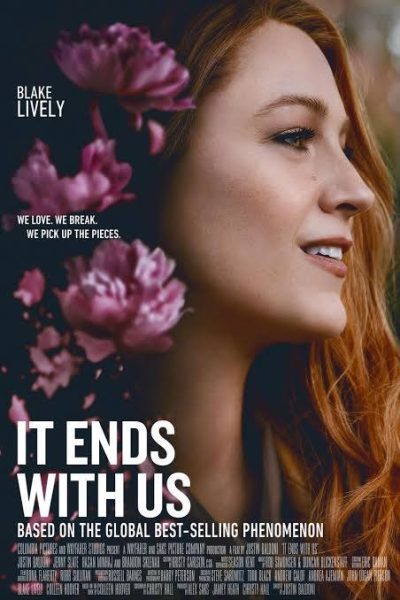We’ve been socialized to hate ourselves
Look, I enjoy Twitter memes, Vine-esque TikToks, and Instagram posts from friends and family members, but the algorithms are ruthless. On each site, they have seemingly made the calculation that I needed to see weightlifters my age with extremely fat-deficient bodies. These algorithms, for some reason, made the deduction that I needed to see someone my age moving to a New York apartment the size of a shoebox one week, and getting TikTok “famous” and a modeling contract the next: as if these “perfect lives” are all perfectly normal.
They are not perfectly normal, and it’s having real effects on people.
According to Mayo Clinic, body dysmorphia is a mental health disorder where you are self-conscious about a “flaw” in your appearance. In fact, around 1 out of 50 people in the United States experience body dysmorphia. This statistic will probably worsen if our relationship to social media doesn’t change––if the algorithms don’t change.
I’m not a programmer, nor do I have an ounce of understanding about how algorithms work, but what I do know is that social media systematically promotes the in lifestyle, the in body, and the in mannerisms, and feeds into body dysmorphic disorder. Countless studies have linked increased body-image and self-image issues with an increased use in social media.
“So… just get off social media,” you might say.
I see your point, and I will be the first to admit I have somewhat of an unhealthy dependency on the serotonin a short cat video can provide me––it is addictive. But social media has been a source of connection for many. It allows instant access to the people we care about, communities we are part of, and causes we belong to. Social media is just that––a socialized medium. But in a world where there’s always a profit to be made, this space has been monetized, selling idealized images of ourselves that stray far off the path of reality. From not having the perfect body, the idealized career, or the desirable lifestyle, we have been socialized to hate ourselves because it motivates us to change, to buy into trends as if they were brands. For the sake of everyone’s mental health, it needs to stop.
Unfortunately, it most likely never will. The loop where we feel bad about ourselves, then seek validation online only to end up falling short of whatever fad or aesthetic that’s currently in is pretty lucrative.
Us Americans are stereotypically not the healthiest bunch; we are well known for our fast food fixation. But, the recent health crazes have responded to this stereotype by over-correcting the public health crisis, selling the idea that it is undesirable to look “average.” That everyone should only eat salads, drink water, and count and record their calories closely. But this over-correction does not improve public health at all. In fact, it is ripe for worsening the health of millions.
Health is about being the best version of yourself, not a version sold to you by absurdly in-shape celebrities, internet personalities, and popular culture. Being healthy doesn’t mean you have the physique of The Rock, the social life of Kim Kardashian, and the diet of a goat. I don’t think we want to live in a society where we constantly think that living at the gym, refusing to eat carbs, and having enough time or money to eat a healthy, balanced meal every single day is actually possible. Neither do I think it’s healthy to think that anyone can just stumble upon internet fame and success.
But that is what the internet is selling us, and many of us are buying in on it.
I’ll end this with a cliche that is as little profound as much as it is obvious: we are all human. While social media has been instrumental towards causing mental health problems like body dysmorphia, it is important to always remember that behind (almost) every account is a human no less perfect than our own selves. We should be able to enjoy memes, hilarious cat videos, and updates from people we want to hear from in peace, without worrying about whether we are enough––because we are.





